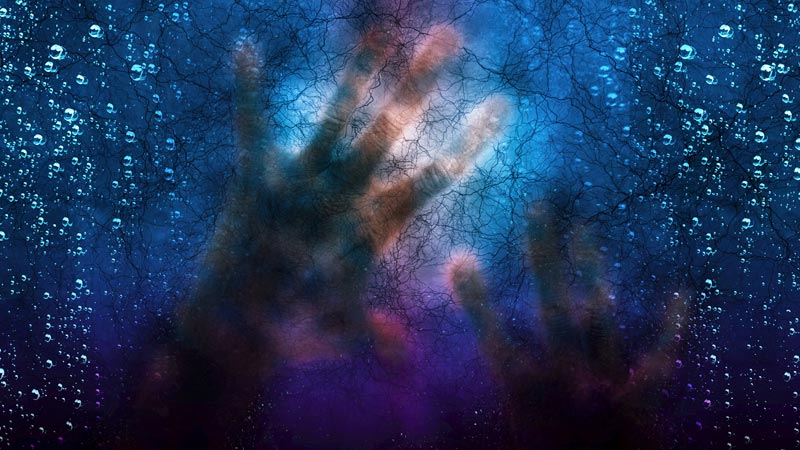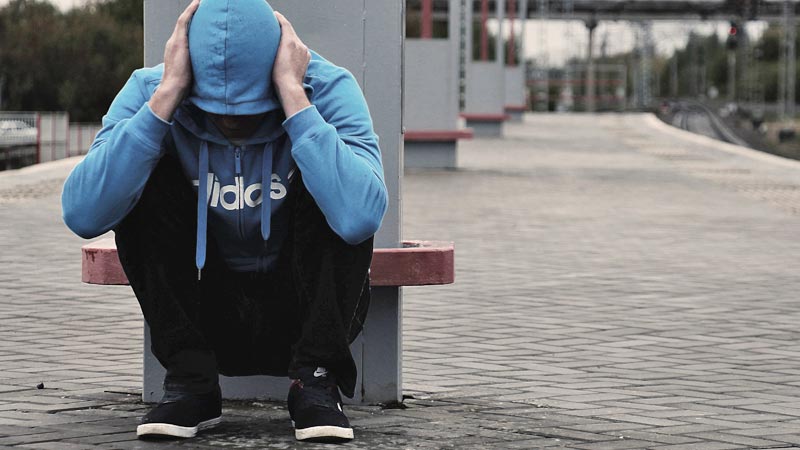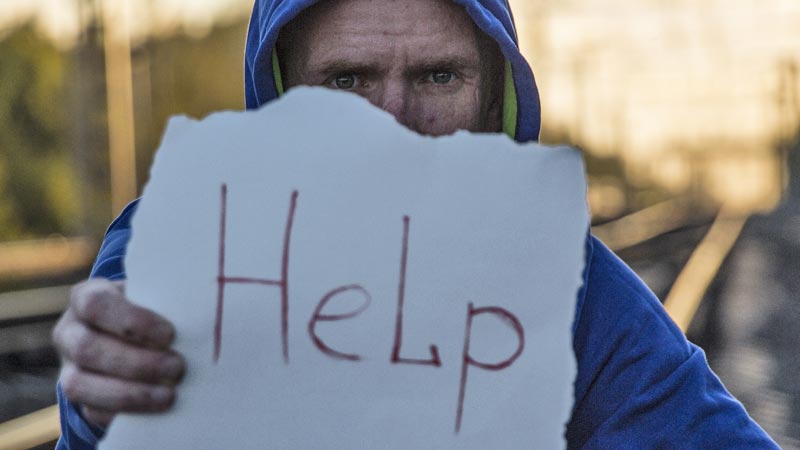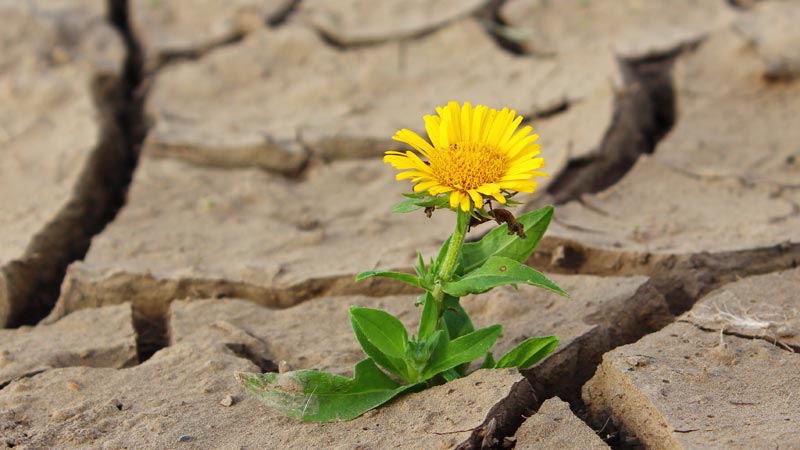After a traumatic experience, the characteristics and symptoms can be very varied. Lack of concentration is one indication. This can get so bad that you can no longer cope with your everyday life. Some trauma sufferers can no longer perceive things properly, feel numb or are very anxious. Often your perception of things changes and you feel things differently than before. Other symptoms include fatigue, disturbed sleep, nightmares, panic attacks or hyperactivity.
This is often accompanied by physical discomfort: Trauma sufferers complain of tensed-up muscles, headaches, abdominal pain or nausea. Yet in many cases no doctor can detect a disease. There may also be changes in behaviour. Adults, for example, may start drinking alcohol or taking drugs in excessive quantities. Children may suffer from attention deficit syndrome or refuse to talk. Another important indication is indicating that you want to commit suicide. In this case, help can only come from hospital treatment.
What you notice about yourself is that you’re hardly enjoying life any more, that you have self-doubts, and perhaps even think you’re going crazy. If this is the case, you should be aware that it’s not you who are crazy but what has happened to you. As a result of these symptoms, some people withdraw and have less contact with other people, even friends or family.
If you notice that you or anybody else is suffering from some of these symptoms, you should definitely go and talk to somebody. Trauma symptoms may first appear after several weeks or months. That often happens when you calm down. Traumatised people typically experience the event being relived suddenly and without warning. This is uncontrollable. A: The sudden reoccurrence of the traumatic experience may be triggered by smells, colours, images or feelings associated with the traumatic event – so-called triggers, re-living the event through flashbacks. You feel you're really back in the traumatic situation and your response is again fear and panic.




